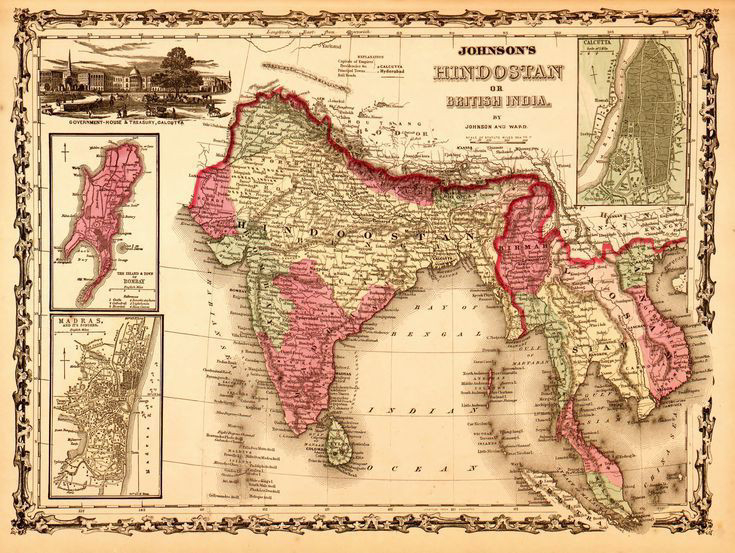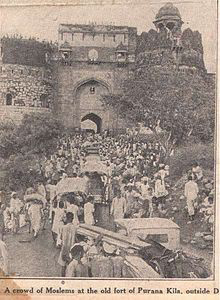Modernization: The British introduced modern technologies and infrastructure such as railways, telegraphs, and postal services, which helped to integrate different parts of the country and facilitated communication and trade.
Education: The British established a system of formal education that helped to create a class of Indian professionals and intellectuals who played an important role in the independence movement.
Legal system: The British introduced a modern legal system, which helped to codify laws and provide a framework for justice.
Unity: The British brought different regions and communities under a single administrative system, which helped to create a sense of national identity.
However, there were also many negative consequences of British rule in India, such as:
Exploitation: The British exploited India's natural resources and forced Indians to produce cash crops like cotton, which had a negative impact on the Indian economy.
Social and cultural destruction: The British introduced policies that led to the destruction of Indian culture and traditions, such as the abolition of the caste system, which caused social unrest.
Political suppression: The British implemented policies that limited the political rights and freedoms of Indians, which led to the rise of the Indian independence movement.
Economic stagnation: The British implemented policies that favored British businesses over Indian businesses, which led to a lack of economic development in India.
Overall, while the British rule in India did have some positive contributions, the negative consequences were significant and long-lasting, and the impact of British rule on India's history and society continues to be debated and studied today.










No comments:
Post a Comment